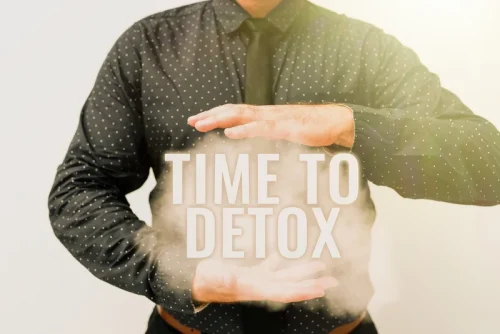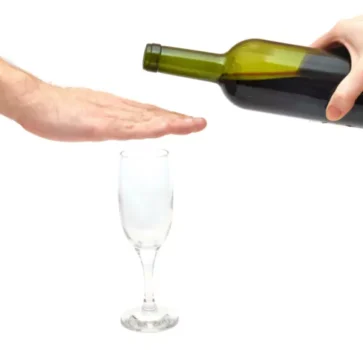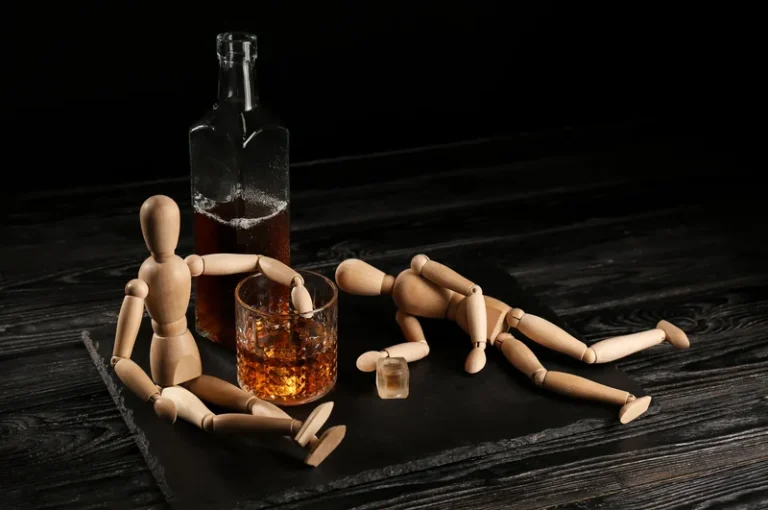
As a matter of fact, 90% of the metabolism of alcohol into water and carbon dioxide is performed by the liver. The remaining 10% is removed through the lungs (breathing), kidneys (urine), and skin (sweating). A useful trick for pacing is to have one glass of water or a non-alcoholic drink between alcoholic drinks. So, eating when you’re drinking can have the benefit of slowing down how quickly you feel the social lubricating benefits of drinking. For some people, this is enough to reduce the number of drinks they have.
Drink Lots of Water to Flush Out Alcohol
Giving up or cutting back on just one or two of those is hard enough, especially if it’s a regular habit and one you rely on so take it one step at a time. Instead, wind down with a herbal tea or warm, non-alcoholic beverage, and try a new wind-down activity like bedtime yoga or reading. Once you have tools you know work to help you drink less alcohol, it may be a case of simply agreeing to stick to the plan. Many neuroscientists and behavioural specialists say that one way to boost self-confidence and self-esteem is to value the promises you’ve made to yourself.
How Long Does It Take to Get a Drink Out of Your System?
It’s essential to listen to your body, and prioritize your health and safety during the recovery process. Studies have shown that both genetic and environmental factors can affect how the body processes and deals with alcohol. Because alcohol is absorbed into the digestive tract, the presence of food in the stomach has a significant effect on the absorption rate of alcohol. Once alcohol reaches the bloodstream, it goes to the liver to be processed or metabolized.

Alcohol and Your System: How Long Does It Stay in Your Body?
- BetterHelp can connect you to an addiction and mental health counselor.
- While cirrhosis scars from excessive drinking are irreversible, quitting alcohol and leading a healthier lifestyle can help your liver heal from alcohol-related liver disease.
- This is important since alcohol drinks often leave you dehydrated.
- It’s difficult to predict who will and who won’t experience alcohol withdrawal — and how severe it will be.
- If a person has alcohol intoxication, any alcohol they drink will remain in the body for several hours and continue harming the brain and vital organs.
The process of metabolizing alcohol is more complex than many might think. When you consume alcohol, it enters your bloodstream and affects every part of your body. However, it’s primarily the liver that plays a crucial role in breaking down alcohol. To avoid these symptoms, seek help at an alcohol detoxification program. There, healthcare providers will help you slowly and safely stop drinking alcohol while closely monitoring your physical and mental health.
However, if you tell your friends and family that you’re not drinking in advance, it will be easier. Not only will they not offer you an alcoholic drink, putting pressure on you to say yes, but you will feel like you shouldn’t have one to keep your word. ABV stands for alcohol by volume and it’s the percentage of alcohol in the drink.

The Timeline of Alcohol Withdrawal

Thankfully, the physical symptoms of drinking alcohol and intoxication resolve much sooner than completion of the overall metabolism cycle, he says. In some cases, a person may choose to reduce their alcohol consumption gradually over several weeks. In these cases, a person should work with a doctor or healthcare provider to develop a schedule that they can follow safely to decrease dependency. They also note that a person can experience alcohol withdrawal syndrome whether they have been drinking for weeks, months, or years.
Health Categories to Explore
Alcohol can be detected in urine for 10 to 12 hours via the traditional urine test. When misused, alcohol can do as much (or even more) overall harm how to get alcohol out of your system as many illegal drugs. People who misuse alcohol also risk developing physical and psychological dependence and alcohol use disorder (AUD).
It’s always important to drink responsibly and be aware of your limits. If you find yourself frequently needing to detox from alcohol, it may be a sign to reevaluate your drinking habits. We offer comprehensive alcohol addiction treatment at Still Detox to help you become sober. There are several other popular remedies for sobering up, such as taking a cold shower, working up a sweat, or throwing up.
- These factors determine how long it takes for a person to reach a state of sobriety.
- Minor withdrawal symptoms usually begin about six hours after your last drink.
- Individuals with more body fat generally have a higher BAC because low-water fatty tissue cannot absorb alcohol as well as high-water muscle tissue can.
- What equates to 1 drink depends on the size and type of alcoholic drink you have.
- Many neuroscientists and behavioural specialists say that one way to boost self-confidence and self-esteem is to value the promises you’ve made to yourself.
Like caffeine, these remedies can help a person feel more alert and aware after drinking, but they do not speed up alcohol metabolism or reduce blood alcohol concentration. No matter how alert you feel, you should not drive or operate machinery after alcohol consumption. Many people swear by the effects of a strong cup of coffee to help you feel sober faster.
How long does alcohol stay on your breath?
One example is a beta-blocker (such as propranolol) to reduce high blood pressure. The signs and symptoms of alcohol poisoning depend upon your BAC. As your BAC level increases, so does the severity of your symptoms. However, this can vary somewhat based on the type of alcohol you drink, your physical health, or your genetic predisposition. Your liver has enzymes that work like special tools to help metabolize (break down) different toxins that enter your body, such as alcohol. A half-life is how long it takes for your body to get rid of half of it.